IoT in Transportation and Logistics: Unlocking Potential

Introduction
“Smart” is the new norm in technology. But what does it mean to be innovative? Here’s where the Internet of Things (IoT) comes into the picture. IoT in Transportation and Logistics is a linked device system that exchanges data through the internet, turning everyday objects into intelligent, responsive tools. Like a group of friends sharing inside jokes, these “friends” are your devices, and the marks are data.

Applications of IoT
From controlling home appliances with your phone to monitoring patient vitals in healthcare, the Internet of Things (IoT) is making our lives easier, more efficient, and more futuristic. But have you wondered how it influences the wheels of our economy – transportation, and logistics?
Unveiling IoT in Transportation
Intelligent Traffic Management
Imagine a world where traffic jams are a tale of the past; sounds ideal. IoT is transforming this fantasy into reality. With interconnected sensors and bright signals, traffic management becomes dynamic, adjusting signals according to real-time traffic conditions. Less traffic, more time – a win-win situation for all!
Vehicle Tracking and Fleet Management
Do you need help in transit? Not anymore! IoT allows for seamless tracking of vehicles, enabling fleet managers to have real-time data about the vehicle’s location, speed, and condition—more like having a magic map, but for cars.
![]()
Predictive Maintenance
The dreaded breakdown during a vital delivery, we all know that fear. But with IoT, preventive and predictive maintenance becomes a breeze. It’s like having a crystal ball predicting your vehicle’s future!
IoT in Logistics
Real-Time Monitoring
With IoT, logistics managers can monitor cargo in real-time, ensuring your beloved package is safe and on time. It’s almost like having a personal bodyguard for every package!
Efficient Warehousing
Have you ever lost something in the clutter of your room? Now imagine a warehouse. IoT saves the day with intelligent warehousing, tracking goods, and optimizing space—your organizer, but on a much larger scale.
Optimized Route Planning
With IoT, delivery routes can be optimized based on real-time data, avoiding congested streets, bad weather, or road repairs. Think of it as your smart GPS that does more than show the way.
Benefits of IoT in Transportation and Logistics
The benefits of IoT in transportation and logistics are undeniable – improved efficiency, cost savings, real-time data, and enhanced customer satisfaction, to name a few.
Challenges of IoT in Transportation and Logistics
However, the path to intelligent transportation and logistics is challenging. Data security, infrastructure costs, and technology integration are significant hurdles that must be overcome.
The Future of IoT in Transportation and Logistics
The future holds exciting possibilities with autonomous vehicles, drone deliveries, and smart cities. IoT is not just changing transportation and logistics; it’s reshaping it for a brighter tomorrow.
Conclusion
IoT is like the “secret sauce” in the recipe for efficient, cost-effective, and customer-friendly transportation and logistics. And while there are still challenges to overcome, the potential of IoT is driving us towards a future where being stuck in traffic or losing a package will be stories of the past.








